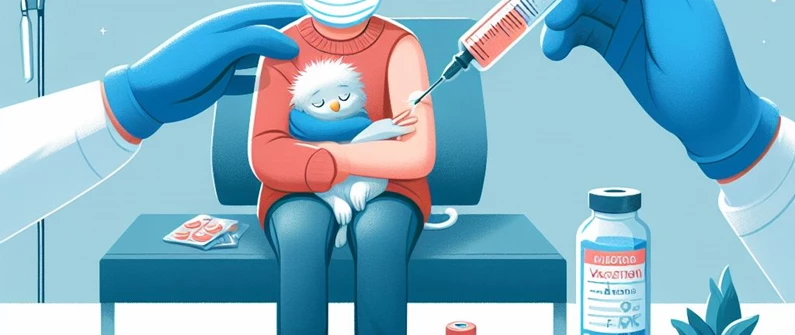
Vaccinations and immunizations are essential for maintaining good health. They can help prevent a range of infectious diseases, including measles, polio, and influenza. Here’s what you need to know about vaccinations and immunizations:
Vaccinations and immunizations are medical interventions that help protect the body from infectious diseases. Vaccinations work by introducing a small amount of a virus or bacteria into the body, which triggers the immune system to produce antibodies. These antibodies help the body fight off the disease if it is exposed to it in the future.
Immunizations are a broader term that includes vaccinations, as well as other medical interventions that help protect the body from infectious diseases. These interventions can include medications, such as antibiotics, as well as lifestyle changes, such as hand washing and wearing masks.
Vaccinations and immunizations are important for several reasons. First, they can help prevent the spread of infectious diseases. When more people are vaccinated against a disease, it becomes harder for the disease to spread from person to person. This is known as herd immunity.
Second, vaccinations and immunizations can help protect vulnerable populations, such as young children, the elderly, and people with weakened immune systems. These populations are more susceptible to infectious diseases and are at a higher risk of developing serious complications from these diseases.
Finally, vaccinations and immunizations can help prevent outbreaks of infectious diseases. When more people are vaccinated against a disease, it becomes less likely that an outbreak will occur.
There are many different types of vaccinations and immunizations. Some of the most common ones include:
Measles, Mumps, and Rubella (MMR): This vaccine protects against three diseases: measles, mumps, and rubella. It is typically given to children between the ages of 12 and 15 months.
Polio: This vaccine protects against polio, a disease that can cause paralysis. It is typically given to children between the ages of 2 months and 6 years.
Influenza: This vaccine protects against the flu, a respiratory illness that can cause serious complications. It is typically given to people over the age of 6 months.
Hepatitis B: This vaccine protects against hepatitis B, a disease that can cause liver damage. It is typically given to infants within 24 hours of birth.
Human Papillomavirus (HPV): This vaccine protects against HPV, a virus that can cause cervical cancer. It is typically given to girls between the ages of 11 and 12.
In conclusion, vaccinations and immunizations are essential for maintaining good health. They can help prevent the spread of infectious diseases, protect vulnerable populations, and prevent outbreaks of infectious diseases. If you haven’t been vaccinated or immunized recently, it’s important to talk to your doctor about which vaccinations and immunizations are right for you.
send comments